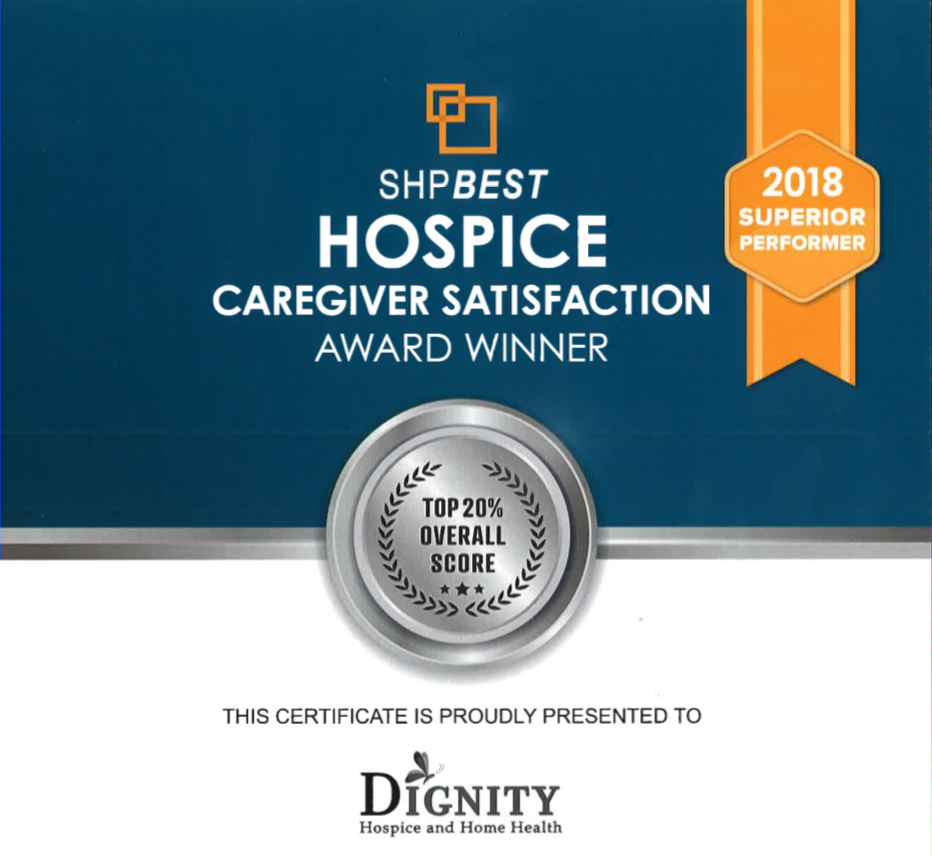Frequently Asked Questions
Hospice is a special kind of care provided to people with life limiting diseases, their families and caregivers. Hospice is not a place; it occurs in the patient’s home or home-like setting. Hospice is concerned with making patients pain-free and comfortable and helping family members during these difficult times.
Although many hospice patients have cancer, people with congestive heart failure, lung or liver disease, Alzheimer's disease, AIDS and any other life limiting illnesses, benefit from hospice services.
Hospice care should be considered when a patient's life expectancy is 6 months or less, when the physician recommends comfort care rather than cure, when nurses trained in pain control are needed for home visits or when families need emotional support.
The patient and family should feel free to discuss hospice care at any time with their physician, other health care professionals, clergy or friends.
Information is available by calling us at 304-855-4764.
Certainly. If the patient's condition improves and the disease seems to be in remission, patients can be discharged from hospice. If a patient should later need to return to hospice care, Medicare, and most private insurance, will allow additional coverage for this service.
The focus of hospice is comfort and support. The goal is to enable the patient to live free of pain and as fully as possible. Home care is for patients for whom cure and rehabilitation is the goal. A home care patient must be homebound.
No! The patient's physician remains in charge of their plan of care and is part of the Dignity Hospice Team. Hospice Medical Directors are available for palliative care consults to aid in symptom management.
When a Medicare eligible patient receives services from a Medicare approved hospice, Medicare pays for services and supplies related to the hospice diagnosis. This includes physician services, nursing care, medical supplies (including hospital bed and appliances), prescription drugs from pain relief and counseling. Hospice is also covered by most private insurances.
Specially trained registered nurses, certified nursing assistants, bereavement counselors, social workers, spiritual counselors and specially trained volunteers provide care for persons with life threatening illnesses and support caregivers and other family members in their roles.
In the early weeks of care, it is usually unnecessary for someone to be with the patient at all times. Since a common fear of patients is the fear of dying alone, Dignity Hospice recommends someone to be there continuously in the later stages of the illness.
Hospice cares for patients living in nursing homes, hospice centers, personal care homes, or in their homes.
Hospice provides continuing contact and support for family and friends for, at least, a year following the death of a loved one.

